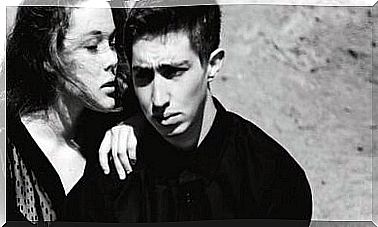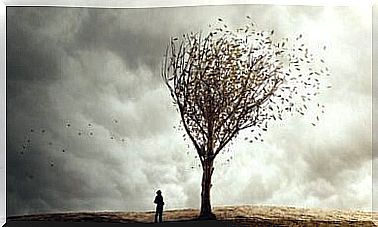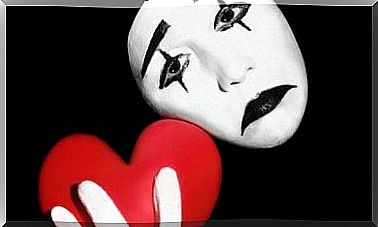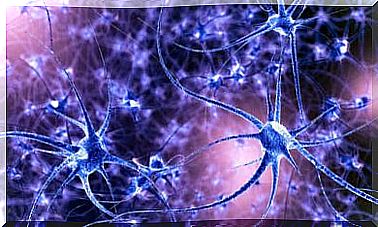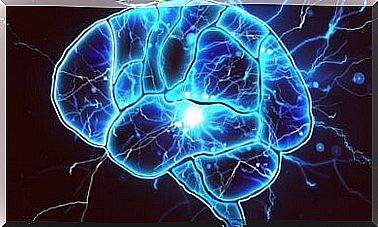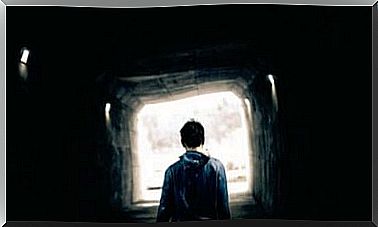Being “good Person “: A Dialectical Trap
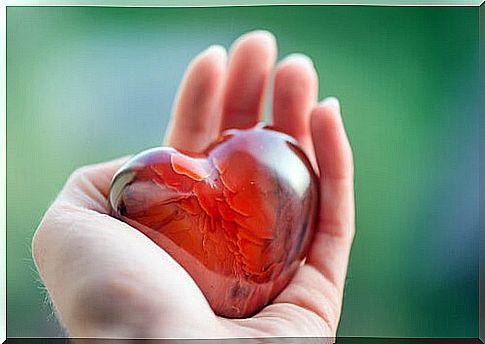
They invite you to a birthday, you don’t know anyone, but the birthday girl insists you go. At a certain point in the conversation, it tells you “nothing happens because you don’t know anyone, I ‘ll introduce you to Jorge, a good friend, who is a very good person, you’ll see how you connect and get along”.
Actually, there is nothing strange about this situation, nor is it fictional. Often when we go to meet other people, we get references from others about what they are like. This information helps us to contextualize the moment of meeting this or those people and to reduce uncertainty.
However, it is very curious that lack of time or our innate tendency to simplify reality pushes us to provide this type of information in a very polarized and superficial way. So much so, that everyone understands when someone is labeled a “good person” or a “bad person.” Let’s go deeper.

What does it mean to be a good person?
Perhaps this is a more difficult question to answer than it may seem. Being a “good person” encompasses a whole set of behaviors, cognitions, attitudes and motivations so extensive that it is impossible to delimit it.
In addition, it is not only difficult to define this concept in itself, but it is also extremely difficult to make a definition that transcends all cultures, societies and groups. In other words, it is likely that what we call “being a good person” in a given culture has little to do with the notion of this concept in a different one.
Even within the same culture, the context determines the meaning of this concept. Do you think that the concept of “good person” would be the same in a dictatorship as in a democracy? Would it be the same in a context of scarcity and need as in a context of abundance? Probably not.
“Good person” is a construct made up of two words. Being a person is a question of a metaphysical order that perhaps in this context and in the subject at hand is not worth going into.
However, the key element here is kindness. Without a doubt, a totally and absolutely subjective quality, susceptible to evaluation by anyone. That evaluation, that of whether someone is good or bad, is influenced by many variables, such as the life history of the person evaluating, their personality, their social and family context, long etcetera.
For example, it is not uncommon for people who have been committing crimes since childhood can come to empathize with the antagonists of movies, series or novels, justifying their criminal behavior and attributing noble intentions to them.
An ill-founded self-demand
Our parents and teachers often express that their wish , when we are young, is that we become good people. In fact, this desire, which manifests itself in many ways through a specific educational style, has been present from the earliest years of our childhood.
As if it were a seed, it grows and is integrated into our conception of ethics. But, as mentioned above, the notion of being a “good person” is very present in our way of life and at the same time it is poorly defined.
What does it take to be a good person? The tendency to try to be good people translates into taking actions that do not cause harm or that represent a direct or indirect benefit for someone. The problem comes when this trend turns into something close to an obsession.
And it is that if we conceive that to be a good person we cannot harm anyone and we have to have total control of our behavior all the time, the picture does not seem very encouraging. In life, sometimes we hurt people, intentionally or unintentionally, and we lose control, we do or say things that we can regret … Ultimately, our condition predisposes us to make mistakes that can affect others and harm them.

So there are no good and bad people?
It is not that there are or are not good or bad people. Rather, the way we obtain and provide information from a person is dysfunctional most of the time. How to create a reliable idea of the goodness of a person? Perhaps an evaluation of the person’s behavior is more interesting than of the person himself.
No, there are no good or bad people. There are behaviors that can be considered and reduced to “good” or “bad”, but even so, it is necessary to contextualize them, since sometimes a certain behavior can be considered socially harmful, but when placing it in a context, the image of this behavior can change and even come to be seen as positive.
